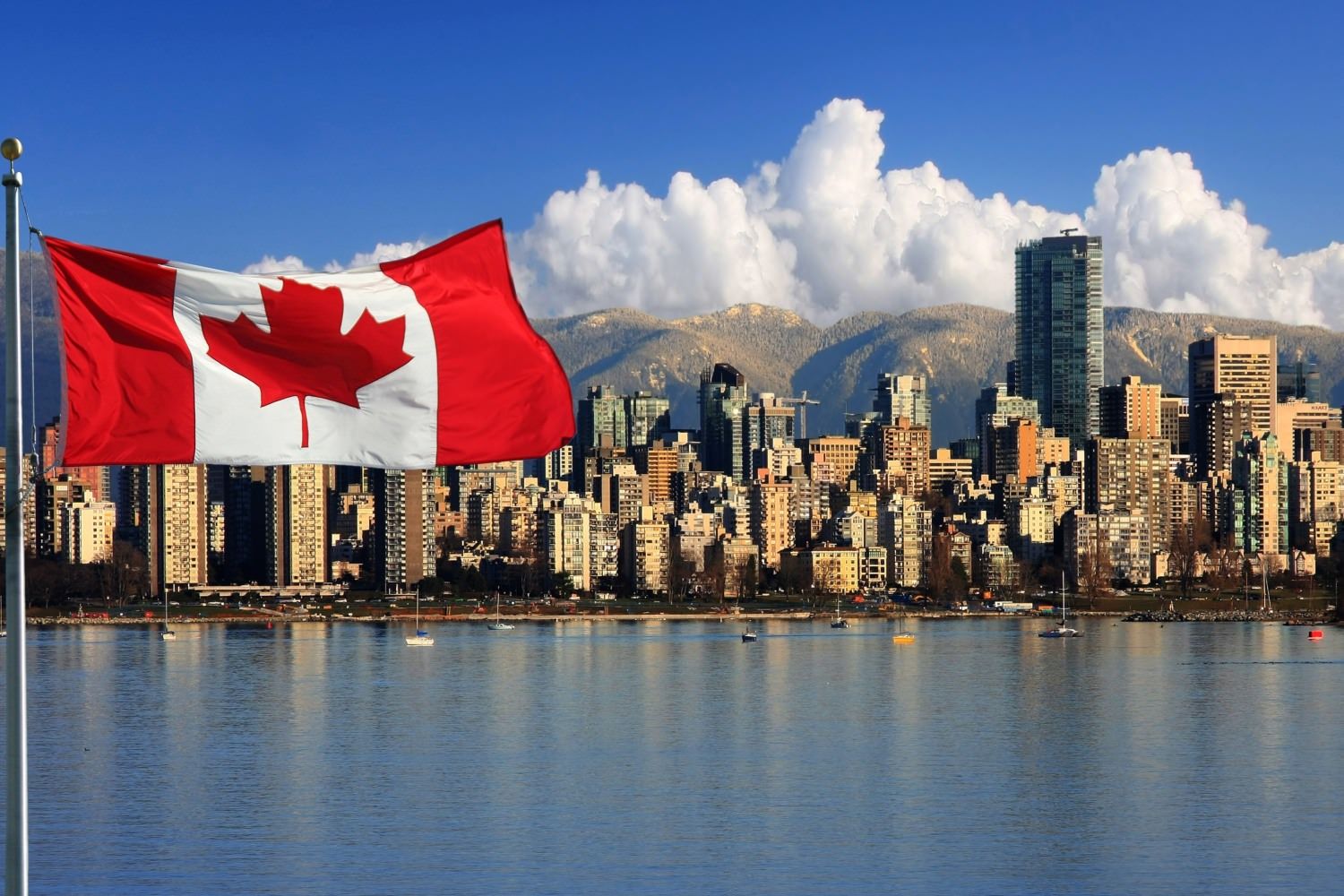British Columbia says it could consider establishing its own licensing scheme for cannabis production in the future, however the province currently has no plan to take the unprecedented step.
“It’s too speculative at this point to comment on what a plan could be,” the Ministry of Public Safety and Solicitor General said in a statement to Marijuana Business Daily. “The province could consider this approach in the future.”
Under the Cannabis Act, marijuana production falls under the purview of the federal government, leading experts to question how the province could legally establish its own licensing scheme for MJ manufacturing – and whether it has the capacity to do so.
“Unless the federal government gives provinces and territories the explicit right to grant cultivation licenses, or unless a province or territory is able to successfully argue that under our constitution the right to grant cultivation licenses falls under provincial jurisdiction – which would turn the entire system as we currently know it upside down – I don’t see how a province or territory could unilaterally create its own provincial cultivation licensing system that is distinct from the federal system,” said Matt Maurer of Toronto-based Torkin Manes’ cannabis law group.
“I think they could overlay additional regulations on production at the provincial level – Quebec has built the right to do so into their legislation – but I don’t believe they could supplant the federal licensing framework,” she said.
Stymied by shortage
Like other provinces, British Columbia’s retailers are grappling with a shortage of legal cannabis.
“Supply challenges” continued from Oct. 17 – the first day of legalization – to the end of 2018, a spokesperson for the Liquor Distribution Branch (LDB), the province’s sole wholesaler of nonmedical cannabis, told MJBizDaily.
“Volume received was still below the initial commitments made by (licensed producers), however we did see a slight improvement in the amount of inventory being received in the last several weeks of the year,” the spokesperson added.
British Columbia – long the center of Canada’s multibillion dollar gray market – has 32 licensed cultivators, processors and sellers (or 0.8 per 100,000 people) to Ontario’s 73 (or 0.5 per 100,000 people).
Ian Dawkins, a director of the B.C. Micro License Association, said swaths of British Columbia’s rural economy still depend on cannabis cultivation that is not currently regulated by the federal government and, therefore, cannot be counted on to help ease the shortage in the regulated sector.
He said a combination of restrictive local zoning and a backlog in the federal licensing regime have delayed the transition of craft growers into the regulated fold, which could have consequences for those still operating outside the bounds of federal law.
“Something needs to change in order for this to work, and that’s what you’re hearing from Victoria,” Dawkins said.
“The alternative is mass unemployment in rural British Columbia.”
Cannabis retailers, meanwhile, have struggled with the province’s regulatory rigmarole in getting their stores open.
British Columbia did not award its first license for a privately owned recreational cannabis store until roughly two weeks after adult-use marijuana was legalized.
The first fully legal cannabis retail store opened in Vancouver last weekend.
Matt Lamers can be reached at mattl@mjbizdaily.com
To sign up for our weekly Canada marijuana business newsletter, click here.





